Sur les épaules des géants, pour regarder plus loin…
"Chaque fois qu'il y a un changement de support, Il y a un Socrate qui engueule un Platon."
(Serres, 1996)
S'élever, ne pas s'enfermer dans les conflits stériles. Maintenir une position dogmatique n'apporte aucune plus-value à long terme. La remise en question, le doute de Pascal sont les postures souples qui font avancer la science. Tenir pour acquis ce qui sera remis en question demain est une erreur stratégique que les scientifiques doivent tenter d'éviter.
Dissocier la pédagogie de la didactique, les opposer ne sont que des vues de l'esprit, des histoires que l'on se raconte. Bien entendu que ce sont des concepts distincts, que des éléments différencient… et que d'autres rapprochent. C'est ce rapprochement sur lequel ce numéro de la Revue pose un regard scientifique. Les coordinateurs du numéro, Eric Saillot et Ingrid Verscheure, nous emmènent dans les méandres des réflexions que mènent les auteurs qui se questionnent sur le bien-fondé de ces différences et similitudes.
Qu'en disent les enseignants (Saillot, Roiné et Denizot & Robbes) dans le cadre de leur pratique professionnelle ? Quel est le point de vue des didacticiens au niveau des études de genre (Verscheure & al.), en éducation physique et sportive (Thépaut), en remédiation mathématique (Champagne et Coulange), toujours en mathématique mais dans le contexte canadien (Dumouchel et Lanaris) et en didactique des sciences pour l'école maternelle (Plé) ? Et enfin, comment se questionne l'articulation didactique/pédagogie de manière plus transversale dans l'éducation au développement durable (Ladage et Redondo,, au niveau des questions socialement vives (Panissal et Viallet) et dans les pratiques pédagogiques muséales (Charalampopoulou) ?
N'attendons pas de réponses définitives. Il n'y en a d'ailleurs pas. Par contre, enrichissons-nous des apports de chacun en vue de prendre de la hauteur concernant ces questions. Hissons-nous sur les épaules des géants, pour regarder plus loin…
Et surtout gardons à l'esprit que toutes ces idées ne poursuivent au final qu'un objectif principal : celui d'améliorer la qualité de l'enseignement pour que nos enfants en bénéficient…. Toujours plus…. Toujours mieux.
https://www.researchgate.net/publication/334226582_Revue_Education_Formation_-_e-312_-_En_finir_avec_la_controverse_didactiques_-_pedagogie
Via
Bruno De Lièvre



 Your new post is loading...
Your new post is loading...

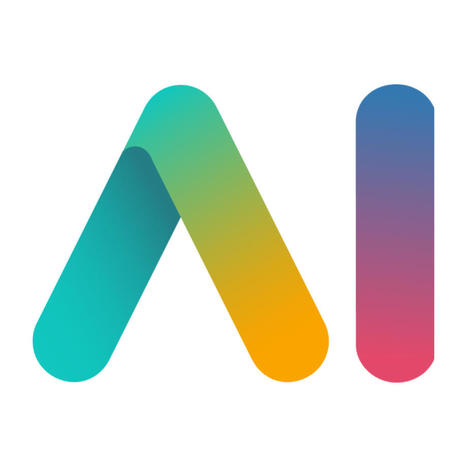


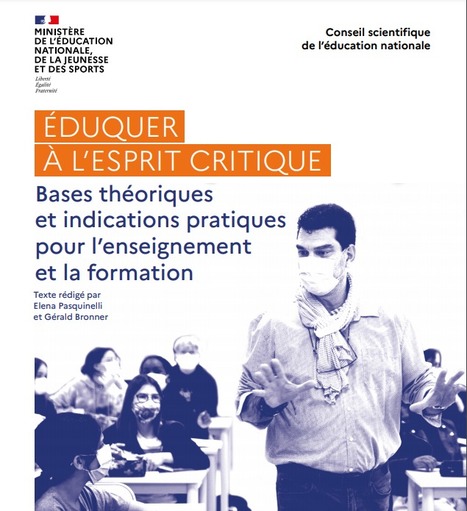

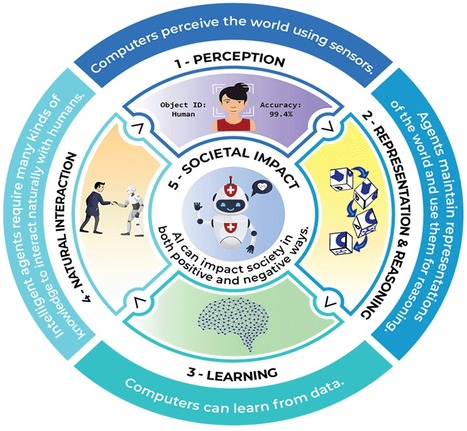


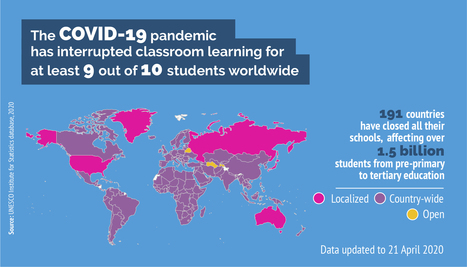




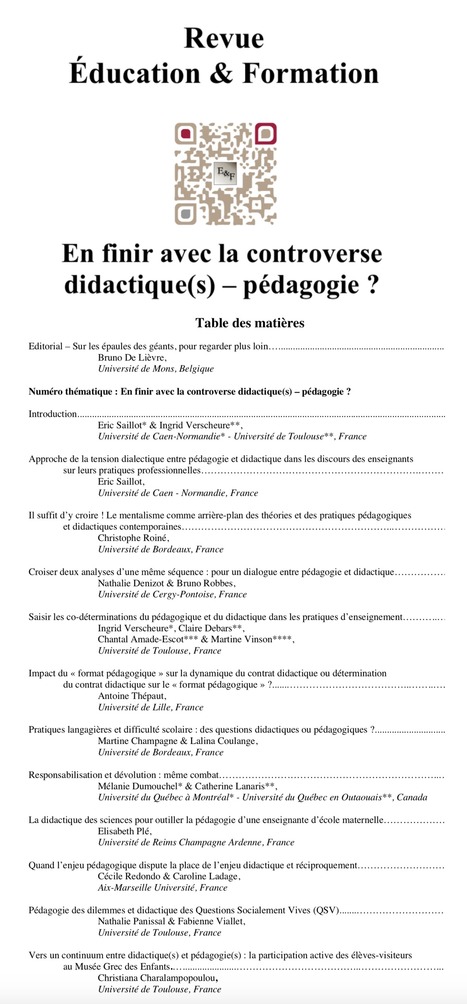


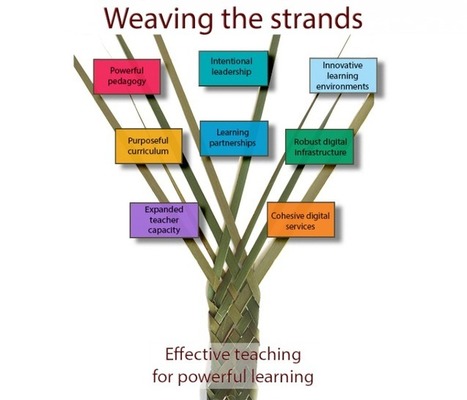
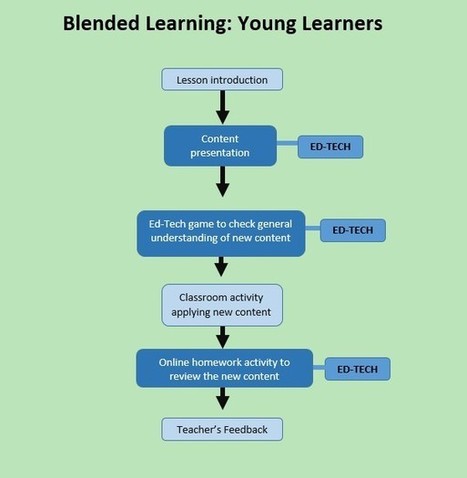

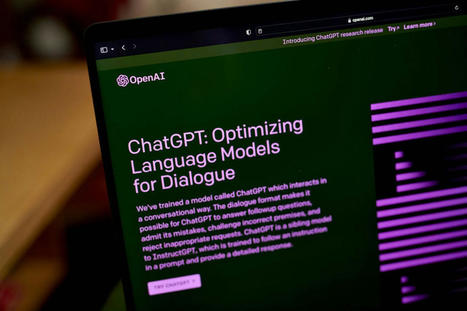
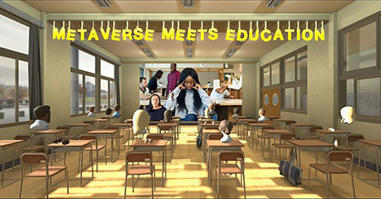
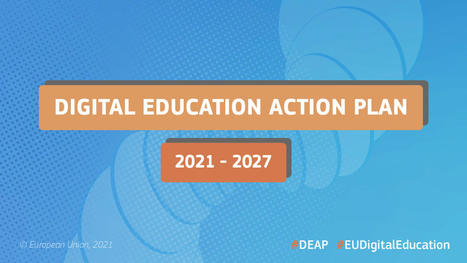




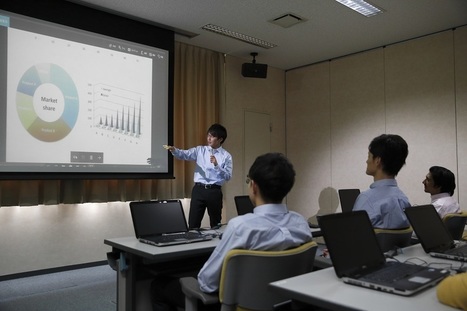


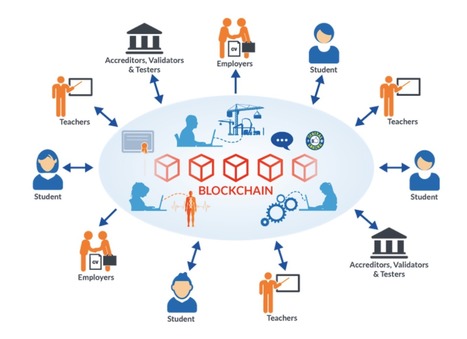
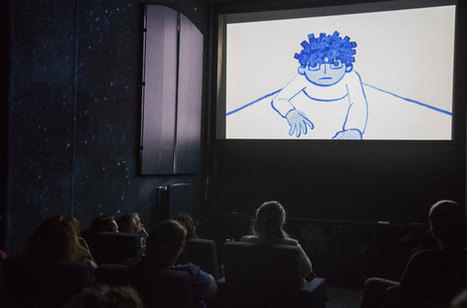






Discover Artificial Intelligence tools for education. A comprehensive directory of AI tools that can help transform the classroom.
Learn more / En savoir plus / Mehr erfahren:
https://www.scoop.it/topic/21st-century-innovative-technologies-and-developments/?&tag=ChatGPT
https://www.scoop.it/t/21st-century-innovative-technologies-and-developments/?&tag=AI
https://www.scoop.it/topic/21st-century-innovative-technologies-and-developments/?&tag=Ethics